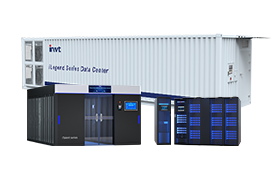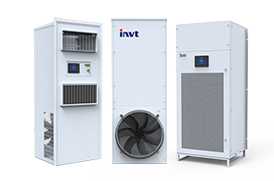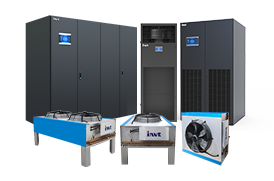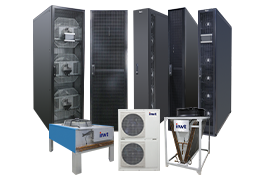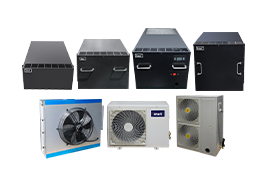The Next Big Thing in Data Center Powering – Hydrogen
Hydrogen, hailed as the fuel of the future, is increasingly seen as a viable solution for powering data centers. As the digital world continues to expand at an unprecedented rate, the demand for data centers is growing in parallel. These vast digital storage and processing centers consume large amounts of energy, leading to rising costs and environmental concerns. The pursuit of sustainable, cost-effective alternatives has led to the exploration of hydrogen energy, which has the potential to revolutionize data center power supply.
Unlike traditional fossil fuels, hydrogen is a clean energy source. When used in fuel cells, the only by-products are water and heat, eliminating harmful emissions associated with coal or natural gas. This attribute is consistent with the growing global focus on reducing carbon footprints and mitigating the effects of climate change. The transition to hydrogen energy in data centers can make a significant contribution to these environmental goals.
In addition to the environmental benefits, hydrogen has proven to be a reliable and efficient energy source. Hydrogen fuel cells can generate electricity for long periods of time without interruption, a key factor for data centers that require continuous power to prevent data loss. In addition, these fuel cells can be stored on-site, reducing reliance on the grid and increasing the data center's ability to cope with power outages.
Economic viability is another compelling factor driving the shift to hydrogen. As the technology matures, the cost of producing hydrogen is expected to fall, making it a competitive alternative to traditional energy sources. In addition, the excess heat generated by hydrogen fuel cells can be harnessed and used for heating purposes, providing additional avenues for cost savings.
While the prospects are bright, the transition to hydrogen energy for data centers is not without its challenges. The production of hydrogen, especially green hydrogen produced through electrolysis powered by renewable energy, is currently an expensive process. Furthermore, the infrastructure required for hydrogen storage and distribution remains underdeveloped. However, ongoing research and development efforts are focused on overcoming these barriers, and significant progress is being made.
Innovative pilot projects are already demonstrating the potential of hydrogen energy in data centers. For example, Microsoft recently announced a successful trial of a hydrogen-powered data center, marking an important milestone in this journey. The tech giant used a 250-kilowatt hydrogen fuel cell system to power a row of data center servers for 48 hours, proving the technology's viability.
Integrating hydrogen into data centers also opens up new possibilities for the broader energy ecosystem. Surplus renewable energy, which is often wasted due to lack of storage capacity, can be used to produce green hydrogen. Not only does this provide a sustainable source of power for data centers, but it also helps balance the grid and reduce waste in the renewable energy sector.
All in all, hydrogen’s potential to revolutionize data center power supply is huge. While challenges remain, the environmental, reliability, and economic benefits of this clean energy source are impressive. As technology improves and the cost of hydrogen production decreases, more data centers are likely to switch to hydrogen, marking a major step toward a sustainable digital future.

 networkpowersales@invt.com.cn
networkpowersales@invt.com.cn






